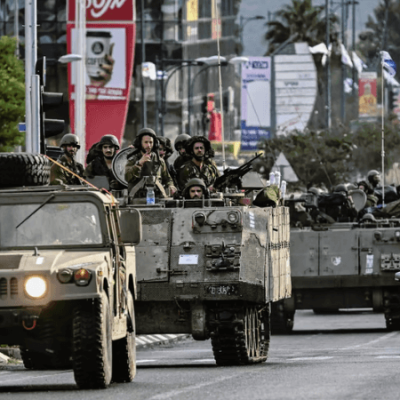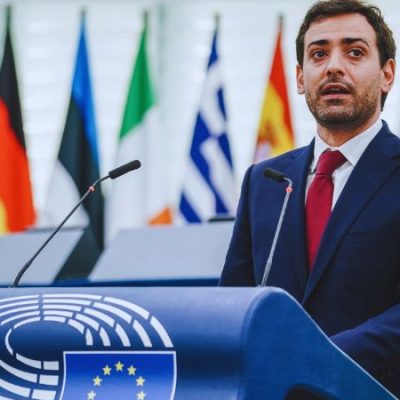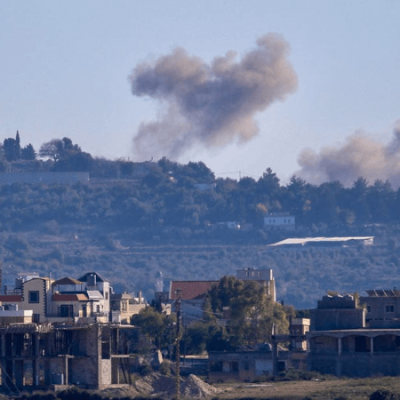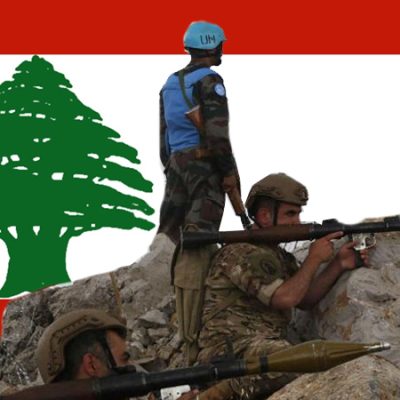A new wave of protests against the government in Lebanon
A new wave of protests against the government is putting Lebanon on fire. Demonstrators set fire to roadways and clashed with security forces in a second night of unrest on Friday. Protests erupted on Thursday in several Lebanese cities after a crash in the pound currency, which has lost about 70 per cent of its value since October, when Lebanon was plunged into a financial crisis that has brought mounting hardship.
Measures to control the currency downturn so far have failed.The pound appeared to halt its slide on Friday after a government announcement that the central bank would inject dollars into the market on Monday.Protesters, however, returned later on Friday for a second night, throwing fireworks and stones at security forces in central Beirut and the northern city of Tripoli, prompting them to spray tear gas and rubber bullets to push them back.Lebanon’s main coastal highway was closed by burning tires in the north and south of the capital, as protests were staged in areas that rarely see demonstrations, such as Hezbollah strongholds in the capital’s southern suburbs.
In the northern city of Tripoli, protesters pelted the army with rocks and threw Molotov cocktails at the city’s Central Bank office. Protests also erupted in the southern cities of Saida and Nabatieh.The unrest comes as Beirut holds talks with the International Monetary Fund for a reform program it hopes will secure billions of dollars in financing and put its economy back on track.Food prices have soared amid mass layoffs and business closures in recent months. The World Bank has projected that Lebanon’s poverty rate will stand at nearly 50% in 2020. Lebanon’s current government, led by Prime Minister Hassan Diab, has been in power for just over 100 days. Protesters accuse it of having done nothing to solve the economic problems.
President Michel Aoun has blamed the currency plunge this week on political manipulation, affirming it was aimed to undermine the government and intentionally create chaos.The Lebanese pound dropped to 6,000 to the dollar on the black-market Thursday, down from 4,000 in recent days.The first wave of protests began in Beirut last October, since then protests have spread across the country accusing the new government of corruption. The economic situation has been aggravated by the restrictive measures imposed in response to the new coronavirus, COVID-19.




